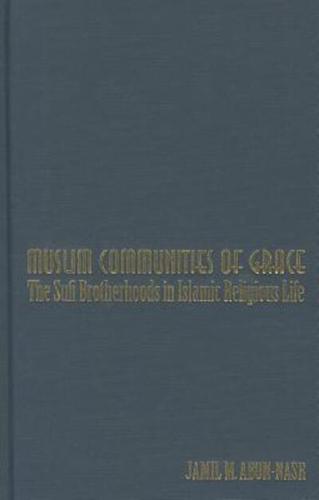Publisher's Synopsis
Since the eighteenth century, adherence to Sufism, the mystical tradition of Islam, has been associated with membership in one of the Sufi brotherhoods. These brotherhoods constitute distinct religious communities within the general community of Islam. Jamil M. Abun-Nasr describes them as "communities of grace" because his readings in Sufi hagiographies have convinced him that divine grace is the central element of their system of beliefs.
In his reconstruction of the development of the Sufi tradition, Abun-Nasr examines the emergence of Sufism's central tenets and the factors that account for their appeal to Muslims in different lands. Drawing on original Sufi sources, he contends that, in their formative period, Sufi tenets were shaped by the caliphs' inability to live up to the ideal the Prophet represented in the Muslim community: that political leadership was a subordinate function of religious guidance. He also contends that the Sufi brotherhoods' form of religious communalism emerged from the adaptation of the spiritual authority that Sufis ascribed to their leaders to the Muslims' major pious concerns. In the last two chapters Abun-Nasr examines the reaction of the Sufi brotherhoods' shaykhs to European colonial rule, the campaign directed against them by Muslim reformers of the Salafiyya school, and the reliance of the independent Muslim states' rulers on their support in counteracting the hostility of the Muslim reformers, as well as, since the 1970s, the Islamists, to their secular development plans.












